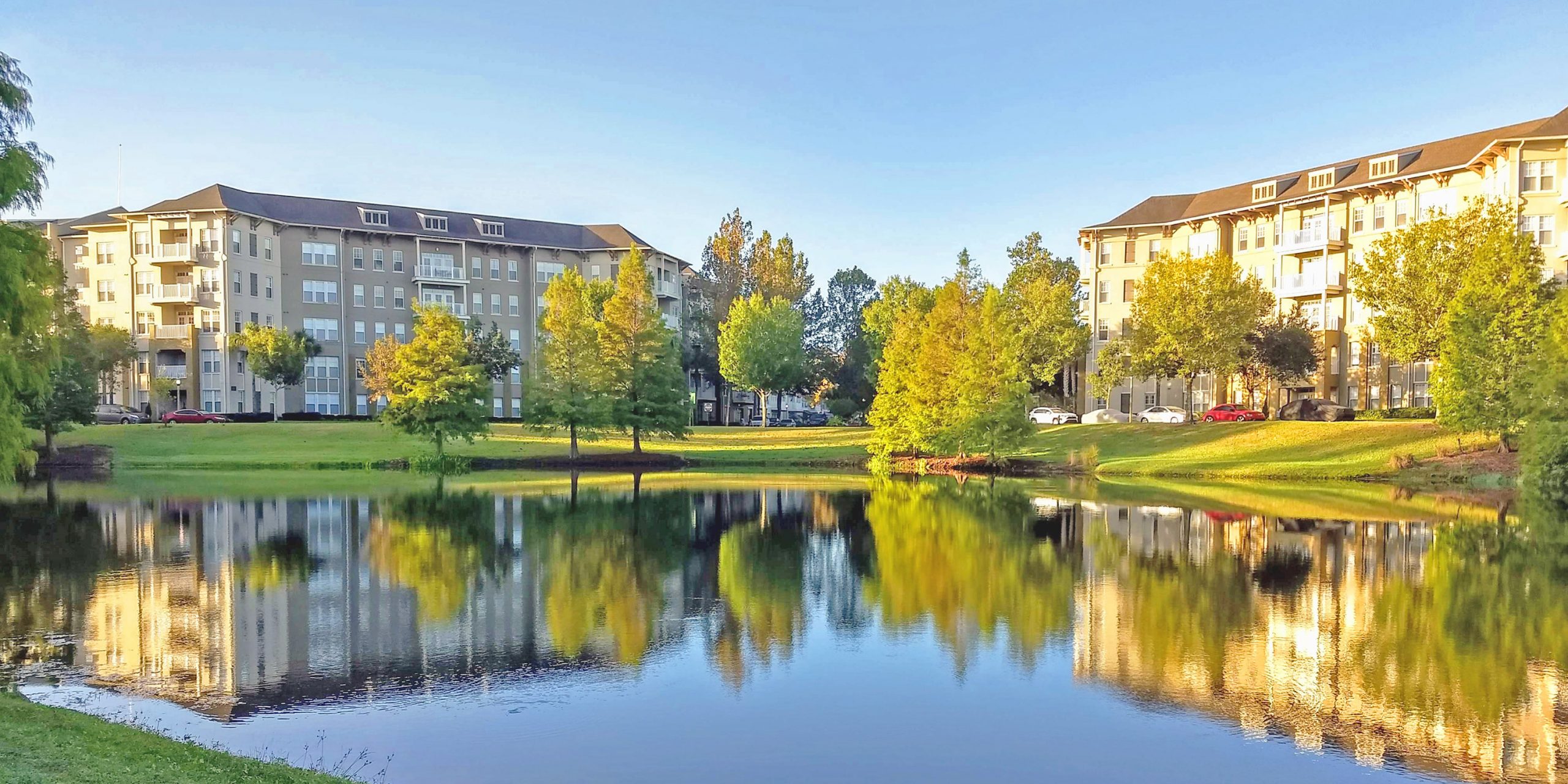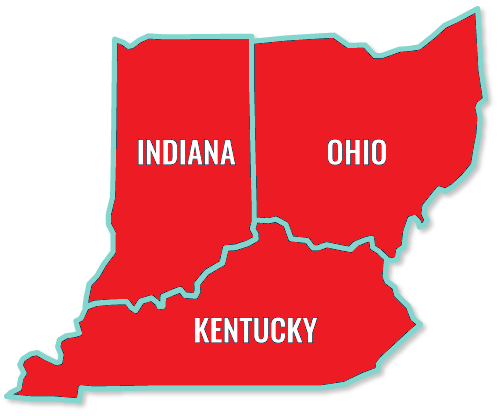As a property manager, I’ve seen firsthand the vital role that condominium reserve planning plays in ensuring the stability and sustainability of a community. It’s not just about setting aside funds for a rainy day; it’s about safeguarding the future of the property and the comfort of its residents. In this blog post, we’ll explore what condominium reserve planning entails, why it’s crucial, and how property managers can approach it effectively.
Understanding Condominium Reserve Planning
Condominium reserve planning involves budgeting and setting aside funds for the future repair, replacement, and maintenance of common elements within a condominium community. These common elements typically include roofs, elevators, parking lots, building exteriors, and other shared amenities.
The goal of reserve planning is to ensure that when these components inevitably wear out or require upgrades, there are sufficient funds available to cover the costs without imposing a financial burden on individual unit owners. Proper planning also helps prevent special assessments, which can be disruptive and contentious within a community.
Why Condominium Reserve Planning Matters
- Financial Stability: Adequate reserves provide financial stability, protecting the community from unexpected expenses and fluctuations in repair costs.
- Property Value Preservation: Well-maintained common elements enhance the overall appeal and value of the property, benefiting both current residents and potential buyers.
- Compliance and Risk Management: Many jurisdictions require condominium associations to maintain reserves at certain levels, and failure to do so can result in penalties or legal issues. Reserve planning helps ensure compliance with regulations and mitigates risks associated with deferred maintenance.
- Long-Term Planning: By anticipating future expenses and allocating funds accordingly, reserve planning allows for proactive, strategic decision-making rather than reactive, crisis-driven measures.
Effective Approaches to Condominium Reserve Planning
- Conduct Regular Reserve Studies: A reserve study is a comprehensive assessment of a condominium community’s common elements, their estimated useful life, and the anticipated costs of repair or replacement. Property managers should conduct these studies regularly, typically every three to five years, to ensure that reserve funds remain adequate and accurate.
- Establish Realistic Budgets: Based on the findings of the reserve study, property managers should work with the condominium association to establish realistic budgets that allocate sufficient funds to the reserve account each year. This may involve balancing competing priorities and considering factors such as inflation and interest rates.
- Communicate Transparently: Open communication with residents is essential to gain buy-in for reserve planning efforts. Property managers should educate unit owners about the importance of reserves, the rationale behind budget decisions, and the potential consequences of underfunding.
- Monitor and Adjust as Needed: Reserve planning is not a one-time task but an ongoing process that requires monitoring and adjustment over time. Property managers should regularly review reserve fund balances, track actual expenses, and reassess the adequacy of reserve contributions to ensure continued financial health.
Conclusion
Condominium reserve planning is not merely a financial exercise; it’s a critical aspect of responsible property management that directly impacts the well-being of residents and the long-term viability of the community. By conducting regular reserve studies, establishing realistic budgets, communicating transparently with residents, and monitoring and adjusting as needed, property managers can help ensure that their condominium communities remain stable, sustainable, and financially resilient for years to come.


